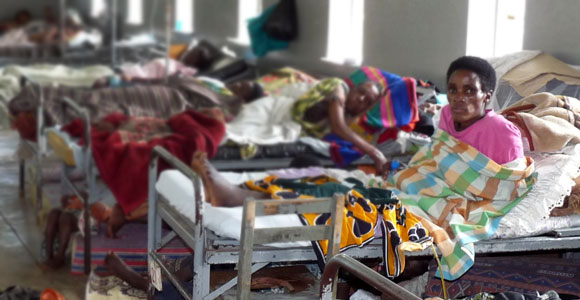The Need

Healthcare shortages affect everyone, everywhere.
Healthcare shortages affect everyone, everywhere with critical shortages equivalent to a global deficit of over 4.3 million doctors, nurses, and other healthcare professionals.
Nowhere are these conditions more evident than in Africa. According to the WHO World Health Report 2006, sub-Saharan Africa has 24% of the global disease burden but only 3% of the health care workforce worldwide and 1% of the global health expenditure. Where the need is most dire, the healthcare resources are nearly nonexistent.
Exacerbating the healthcare crisis is a problematic trend of the nursing “brain drain.” Due to higher pay and better workplace conditions, many skilled nurses are migrating from disease-burdened countries to more industrialized countries in the north. As a result, the loss of this essential human capital gravely affects healthcare availability and patient’s quality of care.
WHY DISEASE-BURDENED?
- “Disease-burdened” is often analogous to “developing.” Developing countries are identified by low standard of living, undeveloped industrial base, low per capita income, widespread poverty and low human development.
- There are many economic, social, and political dynamics such as poverty, gender inequality, inadequate healthcare and the lack of access to education which makes persons more vulnerable to disease.
- If opportunities to empower are not given, they will fall farther behind due to disparities in resources and disease in addition to global trends in healthcare such as nursing migration.
